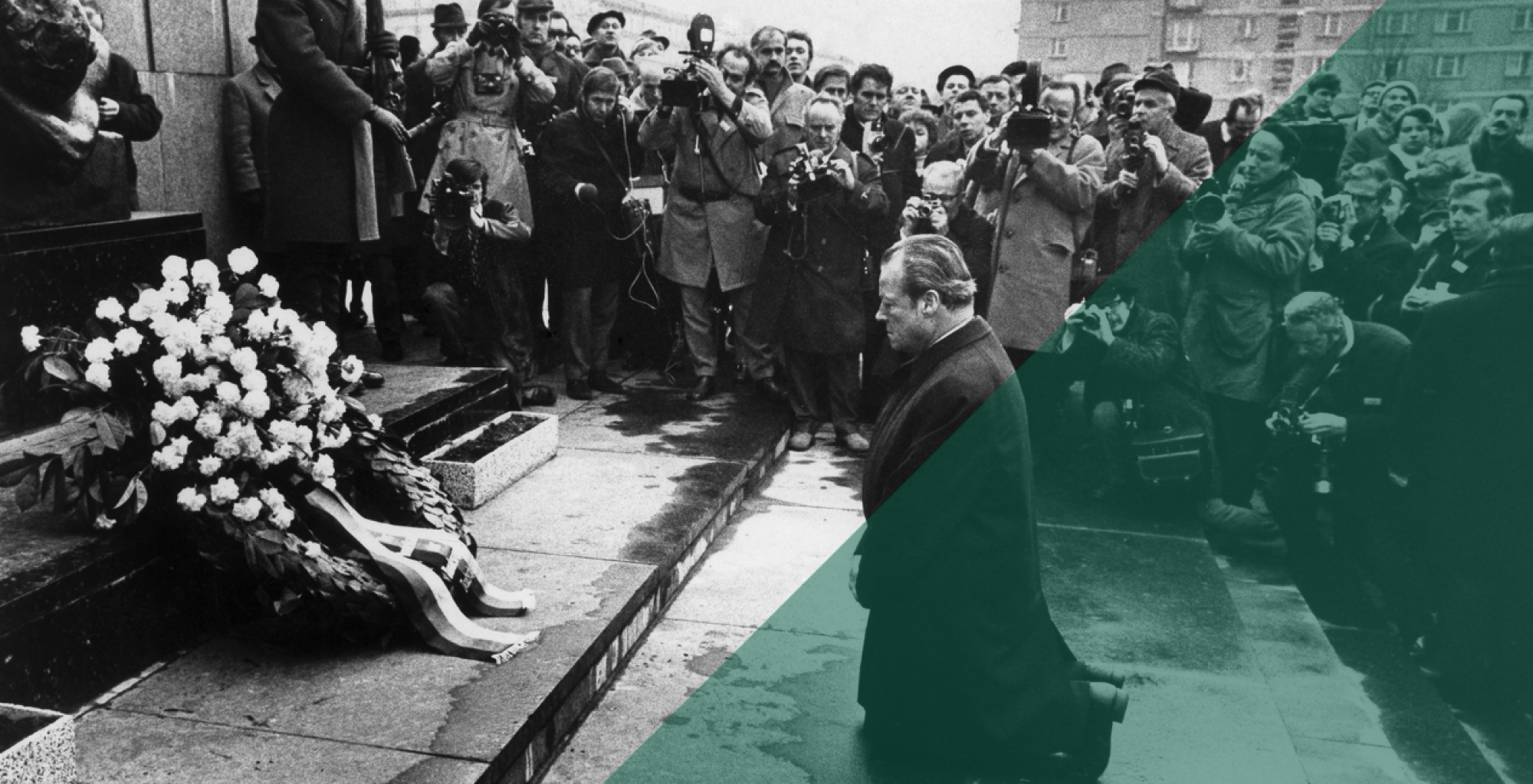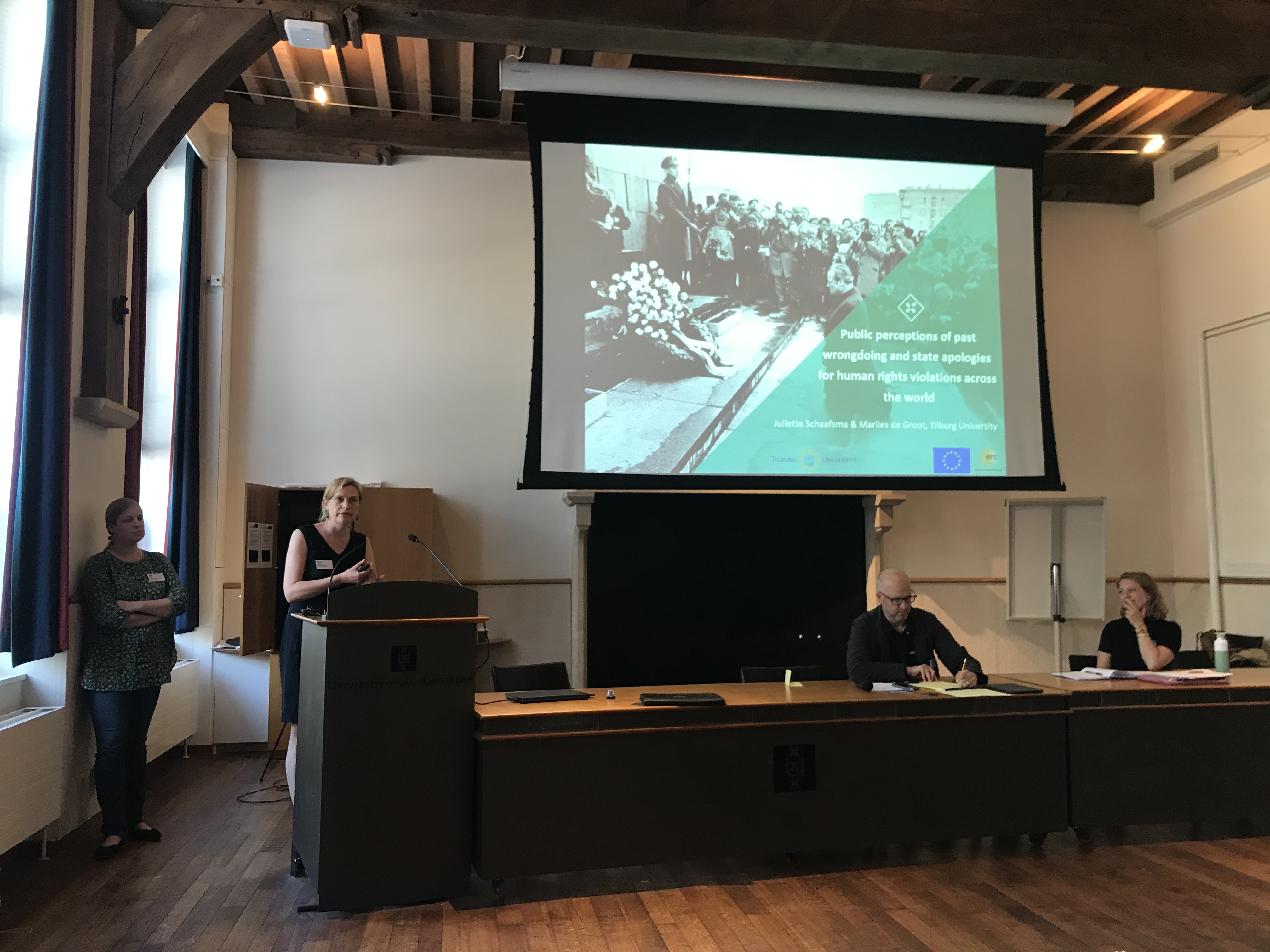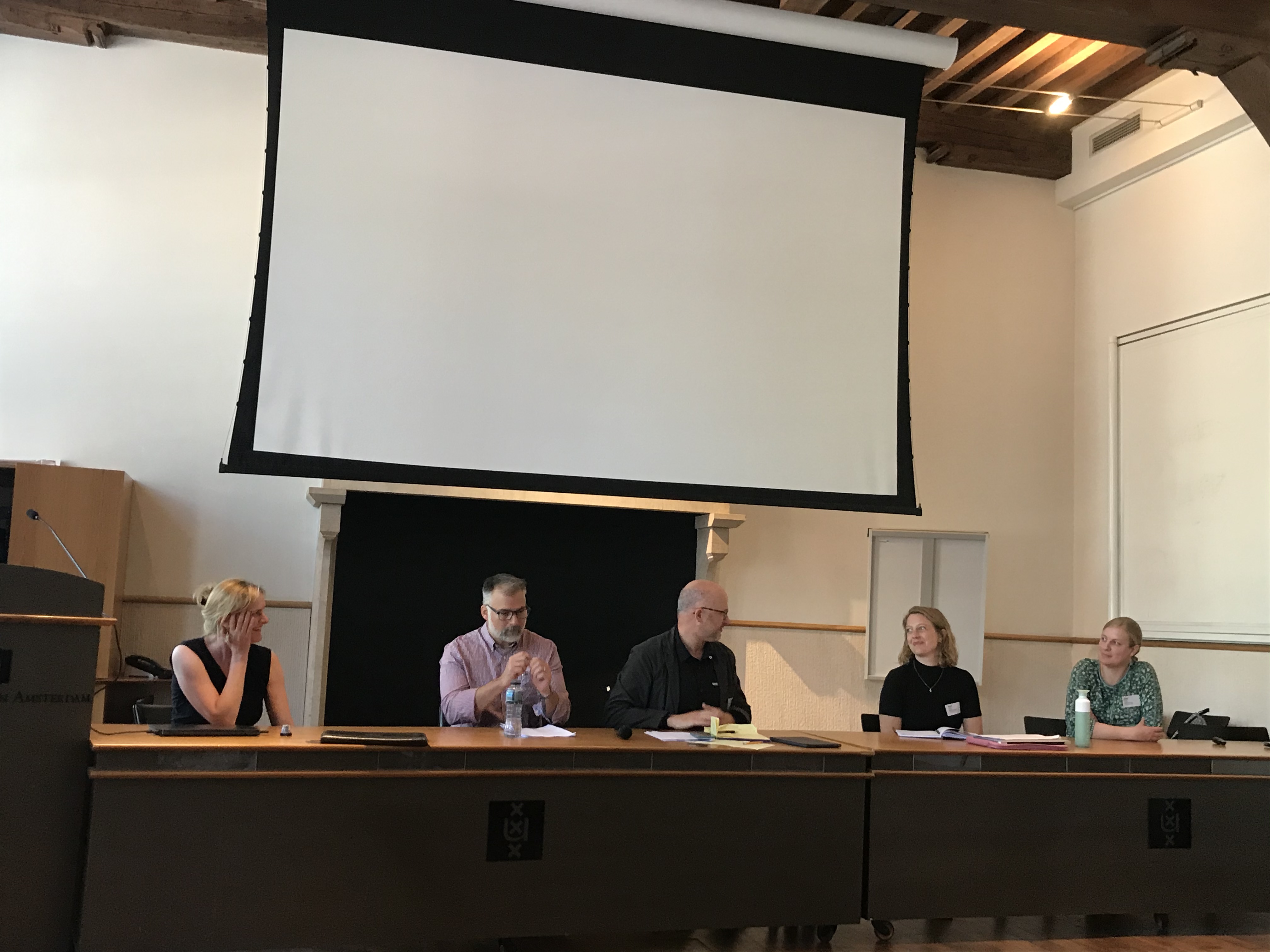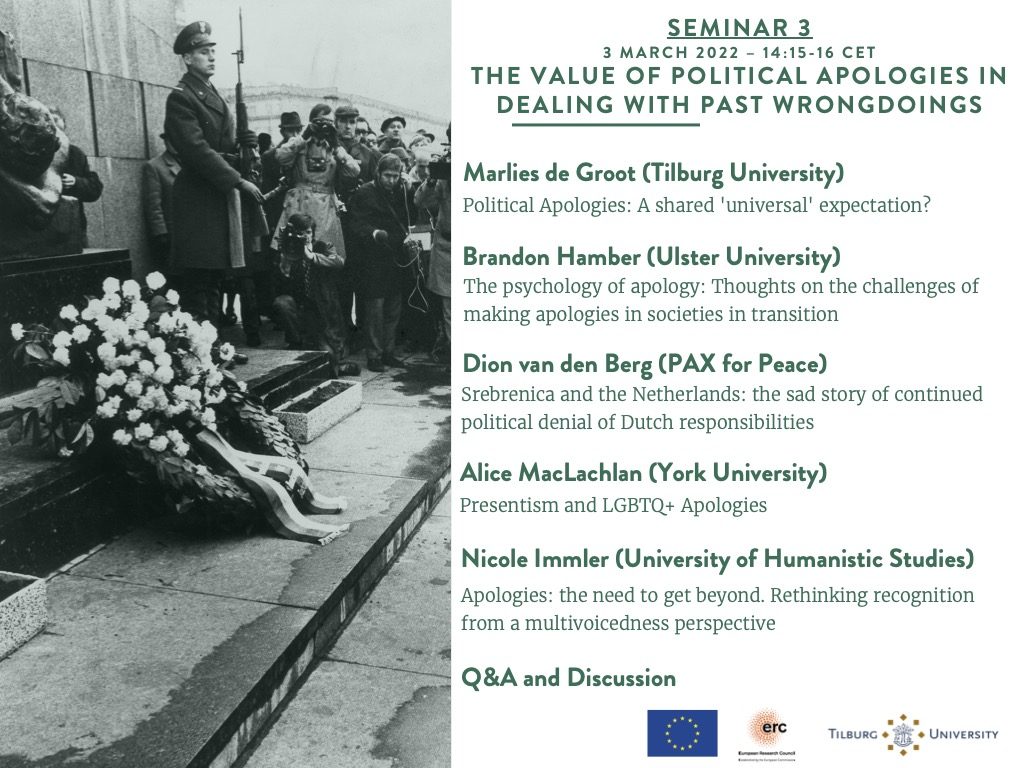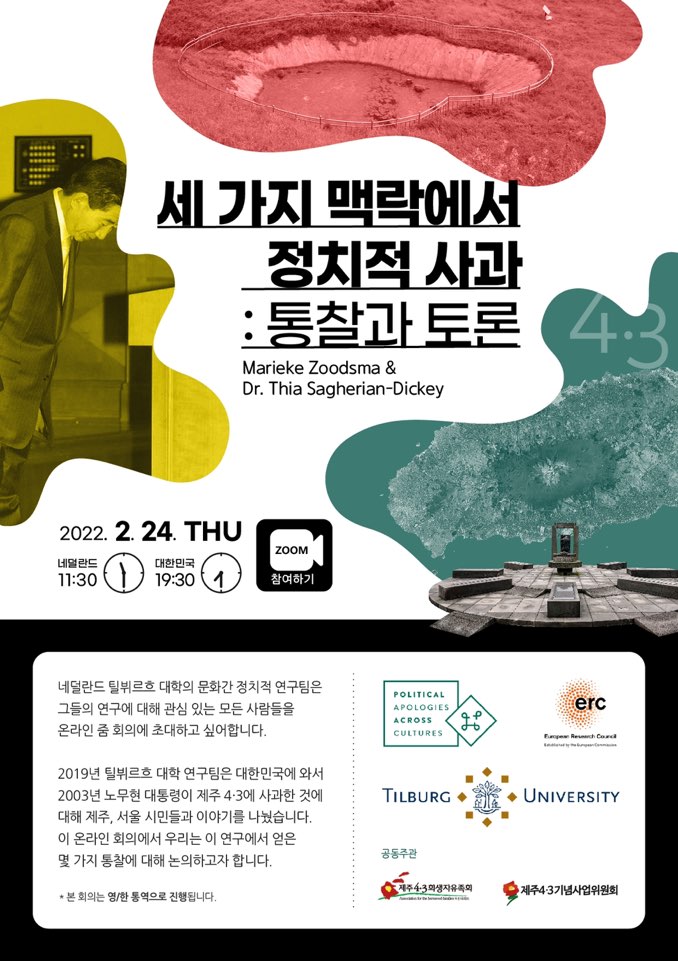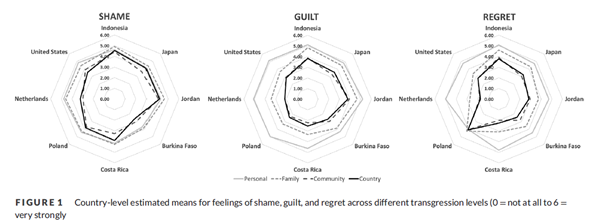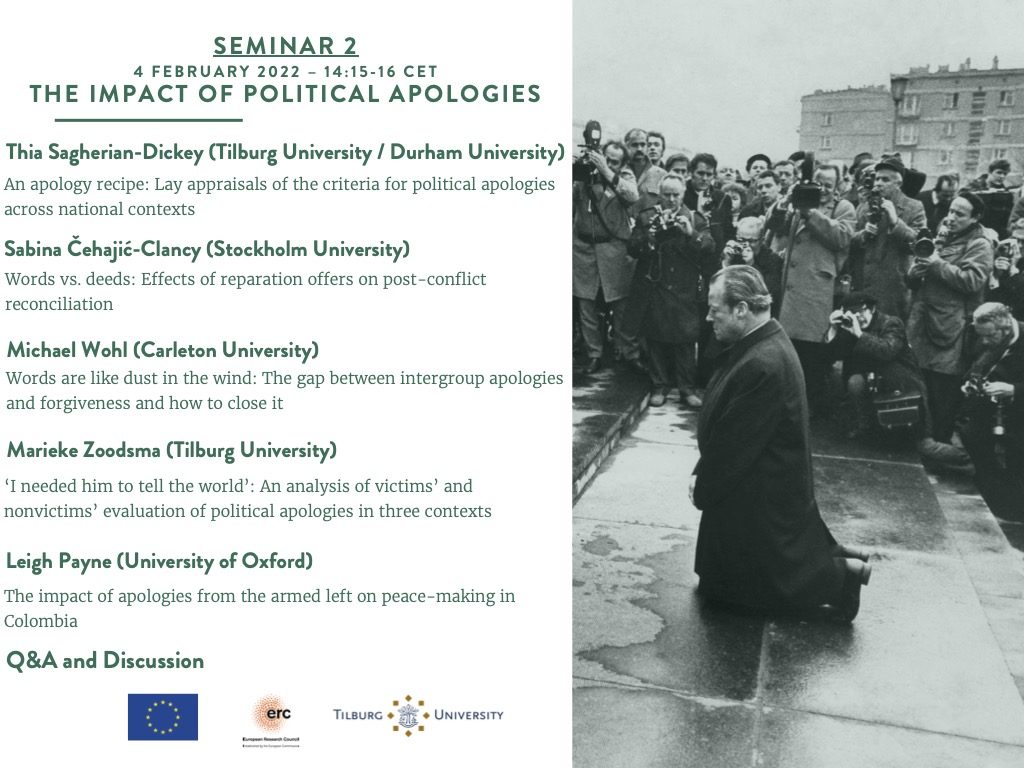Het aangekondigde excuus van de regering voor het Nederlandse slavernijverleden op 19 december had een groots gebaar kunnen zijn. Een historisch moment waarop een belangrijk en publiek figuur wandaden uit het verleden erkent. Maar sinds de plannen van de overheid begin november naar buiten zijn gekomen heeft deze beslissing voornamelijk kritische reacties opgeleverd – en niet van de minsten. Zo sprak Mercedes van Zandwijken, voorzitter van de Stichting Keti Koti Tafel, in de podcast Dit is de Dag van een “gemiste kans”, en kondigde de Surinaamse regering woensdag aan niet formeel te zijn geïnformeerd over de plannen.
Wat een blamage. Belangengroepen en betrokken individuen maken zich al decennia hard voor erkenning van dit verleden en na jaren nul op het rekest te krijgen, is er nu plotseling haast en worden zaken afgerafeld. Terwijl, zoals mij vaak tijdens interviews in het kader van mijn promotie onderzoek naar politieke excuses is verteld, de onmiskenbare waarde van het aanbieden van een excuus voor de slachtoffers, nazaten en betrokkenen juist in de weloverwogen beslissingen en het verloop van het proces zit.
Een excuus-proces heeft een aanloop, een hoogtepunt, en een nasleep. De periode voor een excuus kenmerkt zich vaak als een tijd van officieel zwijgen en verwaarlozing van het leed van de slachtoffers. Deze aanloop is vaak getekend door activisme, onderzoek en dialoog met betrokken groepen. Vervolgens komt het moment van erkenning, het hoogtepunt, het eerste moment waarop een hoogwaardigheidsbekleder het gedane leed en de erfenis daarvan aanstipt. De juiste overwegingen over ‘wie, waar, wat, en hoe’ – zo benadrukten de respondenten in mijn onderzoek ook – zijn hierbij extreem belangrijk. Maar hier loopt het bij de geplande Nederlandse excuses mank. Waarom op de betekenisloze datum van 19 december? Waarom op verschillende plekken tegelijk? Waarom niet door de meest gezaghebbende persoon in Nederland, koning Willem-Alexander? Waarom wordt advies uit onderzoek, dat duidelijk stelt dat belangengroepen betrokken moeten worden, niet opgevolgd?
Dit is geen recept voor een goede afloop, en dat terwijl ook die zo verschrikkelijk belangrijk is. Wat gebeurt er in de periode na het excuus? Worden de gemaakte beloftes in de excuses opgevolgd? Een excuus is onderdeel van een proces van ‘coming to terms with the past’ of ‘Vergangenheitsbewältigung’. Het is niet een moment om een hoofdstuk af te sluiten of een donkere bladzijde om te slaan (hoe retorisch mooi dat ook klinkt), maar een excuus maakt eerder de weg vrij naar een minder beladen toekomst.
Hoe, dan, kunnen we deze blamage afwenden en ervoor zorgen dat excuses alsnog hun ‘werk’ kunnen doen? Wees transparant in alle aspecten van het proces. Betrek, nu het nog kan, de belangengroepen in het voorwerk en de organisatie van de 19e. Plan een dergelijk overleg niet op 8 december, wanneer een Surinaamse delegatie overduidelijk niet aanwezig kan zijn. Bespreek de tekst van het excuus met deze groepen. Benoem daarin de eerdere bagatellisering van het onrecht, benadruk de pijn die dit teweeg heeft gebracht, richt de aandacht ook op de erfenis hiervan in de huidige samenleving. En, het moet toch gezegd worden, zou het niet een ontzettend mooi en symbolisch gebaar zijn als de koning aanwezig is bij de herdenking op 1 juli tijdens het jubileumjaar 2023, en daar ook zijn spijt betuigt? Uit onderzoek is gebleken dat een bezoek en toespraak van een dergelijke hoogwaardigheidsbekleder juist de impact heeft die dit historische moment verdient. Als deze plannen er zijn, maak dat dan nu bekend. Daarnaast wordt al jaren actie gevoerd om Keti Koti, 1 juli, een vrije dag te maken – net als 5 mei, één keer in de vijf jaar. Dit zou ter ere van het jubileumjaar volgend jaar kunnen worden ingesteld, als onderdeel van een bewustwordingscampagne en kan samenvallen met herdenkingsmomenten door het hele land. Gebruik het geld wat de overheid heeft uitgetrokken om institutionele discriminatie te bestrijden bij overheidsinstellingen en politie.
Kritiek zal er altijd zijn, zowel opbouwend als ronduit afkeurend. Daarbij is het logisch en gezond dat de gemoederen, als onderdeel van een maatschappelijk debat, oplopen. Maar dit op wereldwijd niveau unieke excuus verdient echt zoveel meer dan er nu op dit overhaaste programma staat.
Marieke Zoodsma
